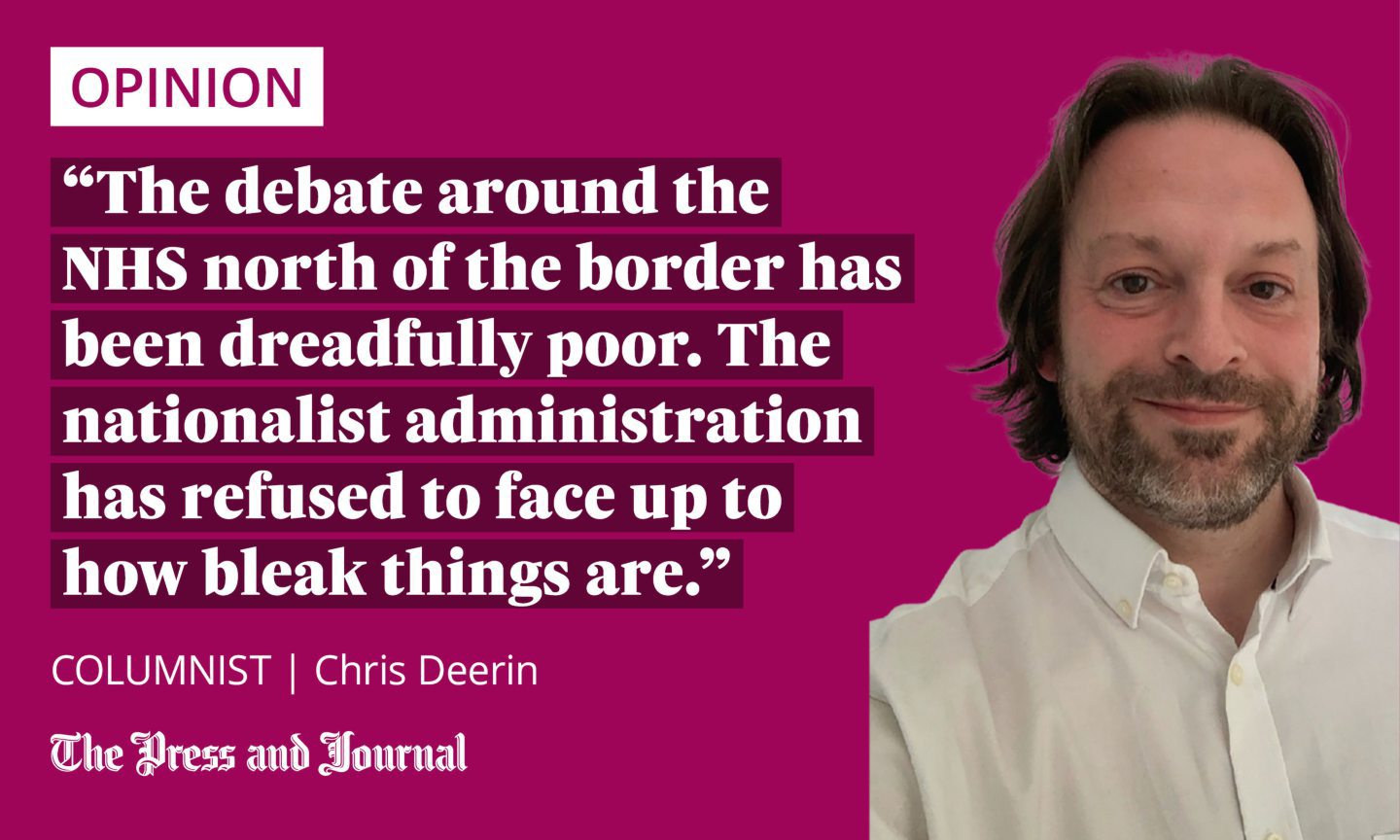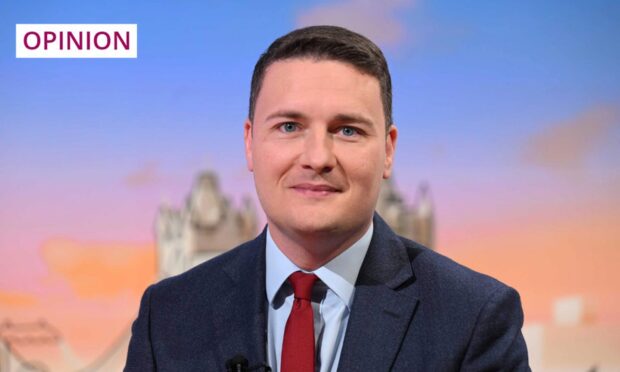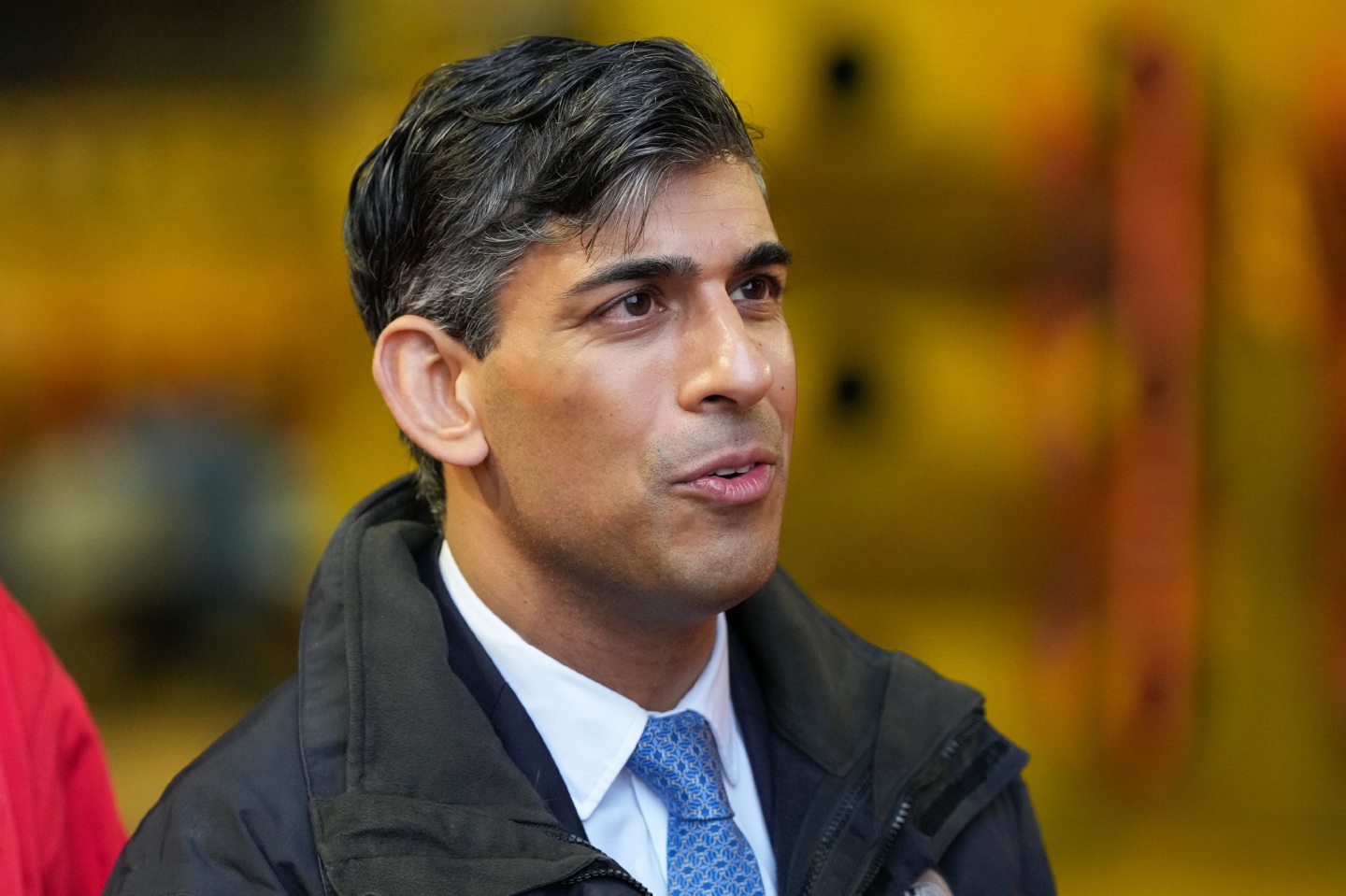The early days of the general election campaign have seemed to be running at a slight remove from reality.
Britain is in a state, and the purpose of this election should surely be to face the big issues square on. What, for example, are the parties going to do about the continuing challenges posed by the failure of Brexit? Neither the Conservatives nor Labour want to talk about that, because it’s a fiendishly tricky problem and the voters remain divided.
Economic growth? They’ll get to that. A renewed focus on defence as the international horizon darkens? Bear with them.
Instead, the past few days have been dominated by a discussion about the return of national service. Now, there is something to be said for schemes that enable school leavers to learn resilience and skills they might need to support society in times of crisis. Even the SNP has suggested a programme that would train individuals to help out when we need them.
But it should hardly be the central topic of discussion that it has become. It’s certainly cut through – my 14-year-old has asked us not to vote Conservative “because I don’t want to be in the army and have to kill people”. Great job.

The Tories have twisted and turned as the holes in their proposal, half-thought-through at best, have been exposed. It’s also worth pointing out that they are going to get thumped on July 4, so it won’t see the light of day.
It’s all just distraction by a party that is desperately seeking to shore up its core vote and change the narrative around an administration that is exhausted, scandal-plagued and heading for the glue factory.
I’m sure, too, by the middle of this week, it will largely have been forgotten, as some scandal or fresh wheeze replaces it in the headlines. And that’s one of the problems with election campaigns – they are a mad dash to the finish line, where the parties seek to gain any possible advantage over their opponent.
The slipperiness of political rhetoric is maxed out. The other side is accused of planning all sorts of brutal impositions on the voters, few of which are true. The Conservatives are going to sell your granny. Labour will send her to fight the Russians on the Ukraine frontline. The SNP will force her to change gender, and so on.
The NHS is in a shocking condition
This is all perhaps inevitable, given what’s at stake for the politicians – the prospect of five years of power can drive the sanest MP bonkers. But we voters need to keep our eye on the ball.
We should, to put it one way, be watching what’s being said about the National Health Service, rather than national service. The policies being adopted on public services and the economy are what will define the quality of our lives – improved or otherwise – over the next parliament.
Wes Streeting, Labour’s shadow health secretary, is one of the most interesting thinkers at Westminster. He is refreshingly Blairite in his willingness to call out vested interests and to think the unthinkable. In an article at the weekend, Streeting attacked the “cultural rot that places protecting the reputation of the NHS above protecting the public”.
Wes Streeting’s remit ends at the border, of course – health is a devolved issue. But that doesn’t mean what he says is irrelevant to Scotland
From the blood contamination scandal to sky-high waiting lists to endless cover-ups, the health service is in a shocking condition. “Recognising failures shouldn’t be regarded as heresy,” wrote Streeting, “No one can honestly say that the NHS is offering the best care today.”
Streeting is demanding a policy of “radical candour” in addressing the NHS’s flaws, and is warning health sector leaders that Labour will do things differently in government. His remit ends at the border, of course – health is a devolved issue. But that doesn’t mean what he says is irrelevant to Scotland.
As a senior Labour shadow minister at Holyrood put it to me recently, “the challenge of the next decade will be about reform and revitalisation of the health service. What Wes is doing, and will do in government, will have an impact on what we will do and in how we find solutions. It’s relevant to Scots that we have a government in the UK looking at those things”.
What matters to patients is what works
The debate around the NHS north of the border has been dreadfully poor. The nationalist administration has refused to face up to how bleak things are, and how much worse they are likely to get, despite the fact that every clinician and economist has been telling them as much for months, if not years.
The best the nats can do is to argue that, in some areas, Scotland’s health service performs better than its equivalent in England, as if that’s any comfort to the hundreds of thousands of us currently languishing on waiting lists.
There is no plan, no frank conversation with the electorate, no willingness to take on sacred cows. SNP policy seems to amount to little more than “spend more and be nice to NHS workers”.
In contrast, Wes Streeting proposes making extra use of NHS capacity on evenings and weekends, of driving a culture of transparency, of sending in turnaround teams where needed, and of partnering with the private and third sectors.
You can just imagine the political caterwauling that would accompany such proposals if they were made in Scotland, especially if they were copied from England. Yet, what matters to patients is what works.
What matters in this election is that we stay focused on the serious stuff.
Chris Deerin is a leading journalist and commentator who heads independent, non-party think tank, Reform Scotland



Conversation